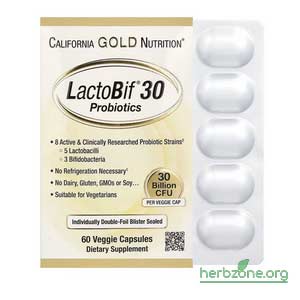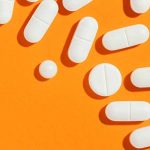Everyone knows that antibiotics are beneficial – they effectively destroy harmful bacteria, helping the body fight infections. However, along with pathogenic microorganisms, they also eliminate beneficial gut flora. This can lead to dysbiosis, digestive issues, and weakened immunity. That is why, after completing a course of antibiotics, it is important not only to celebrate recovery but also to restore the balance of microorganisms in the gut. In this article, together with Herbzone, we will determine whether probiotics after antibiotics should be taken, how to choose them, and how to take them correctly.
In This Article:
- How Antibiotics Affect the Gastrointestinal Tract
- What Are Probiotics and How Do They Affect Immunity
- How to Properly Take Probiotics After Antibiotics
- Additional Recommendations for Restoring Gut Flora
- Which Probiotics Are Best to Take After Antibiotics
- Best Probiotics After Antibiotics: Top 5 iHerb Supplements
How Antibiotics Affect the Gastrointestinal Tract
Antibiotics are medications that help fight bacterial infections. They are divided into various groups, such as penicillins, cephalosporins, macrolides, tetracyclines, and others. Regardless of the type, their main task is to destroy or inhibit the growth of harmful bacteria. However, there is a downside: antibiotics cannot distinguish between «bad» and beneficial bacteria, so they often eliminate friendly gut flora along with pathogenic microorganisms, leading to imbalances and digestive issues.
Common problems that can arise with antibiotic use:
| Problem | Description |
| Dysbiosis | A decrease in beneficial bacteria and an increase in pathogenic microorganisms, which can cause digestive issues, weakened immunity, and metabolic disturbances. |
| Antibiotic-associated diarrhea | One of the most common side effects. It occurs due to bacterial imbalance in the gut, which may lead to an overgrowth of Clostridium difficile. |
| Candidiasis | After antibiotic treatment, yeast fungi Candida may multiply actively, leading to thrush and other fungal infections. |
| Weakened immunity | A significant portion of immune cells is located in the gut, and their effectiveness depends on microbiome balance. |
| Digestive issues | Beneficial bacteria help break down food and synthesize B and K vitamins. Their deficiency can lead to bloating, constipation, and nutrient malabsorption. |
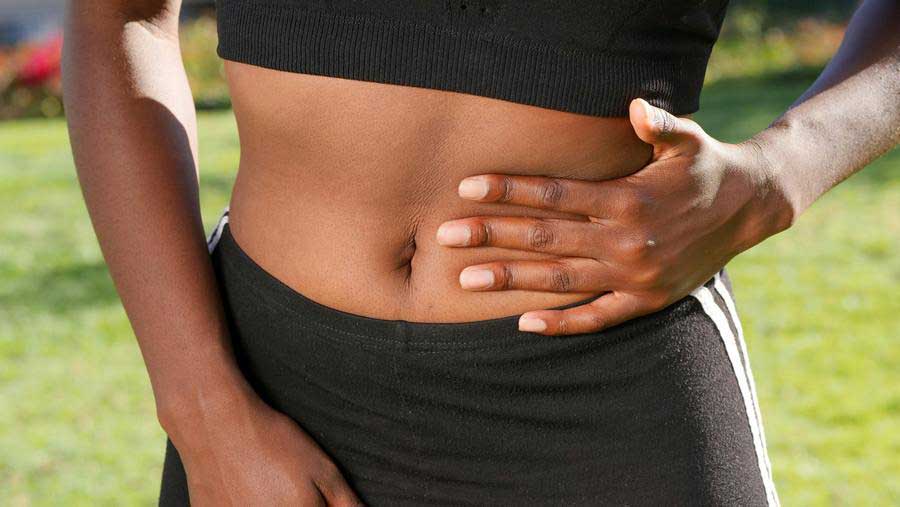
What Are Probiotics and How Do They Affect Immunity
Probiotics are specific strains of bacteria that support a healthy gut microbiome. They help restore gut flora after antibiotic use, improve digestion, and boost immunity. These include:
- Lactobacillus – Help digest lactose, strengthen the intestinal lining, and stimulate the immune response.
- Bifidobacteria (Bifidobacterium) – Prevent the overgrowth of harmful bacteria, promote normal digestion, and produce organic acids that improve the gut environment.
- Enterococci (Enterococcus faecium) – Regulate pH levels in the intestines and aid in protein and carbohydrate breakdown.
- Saccharomyces boulardii – Unique probiotic yeast, particularly effective in treating antibiotic-associated diarrhea.
Main functions of probiotics:
| Probiotic Function | Description |
| Restoring gut microbiome balance after antibiotics | Antibiotics destroy both harmful and beneficial bacteria, leading to dysbiosis. Probiotics help repopulate the gut with beneficial bacteria and prevent the excessive growth of harmful microorganisms. |
| Protecting the gut from pathogenic bacteria | Some probiotic strains produce lactic and acetic acids, creating an unfavorable environment for harmful microbes. They also compete with pathogens for nutrients and attachment sites on the gut lining. |
| Vitamin and amino acid synthesis | Some probiotics participate in the production of B vitamins (B2, B6, B9, B12), vitamin K, and essential amino acids necessary for the body’s normal functioning. |
| Improving digestion and preventing gastrointestinal issues | Beneficial bacteria help break down complex carbohydrates, proteins, and fats, improving nutrient absorption. They also stimulate enzyme production and reduce bloating, constipation, or diarrhea. |
| Supporting immunity and reducing inflammation | About 70% of immune cells are in the gut, and their activity depends on microbiome health. Probiotics stimulate the production of immunoglobulins, interferons, and other protective compounds, strengthening the immune system and reducing inflammation. |
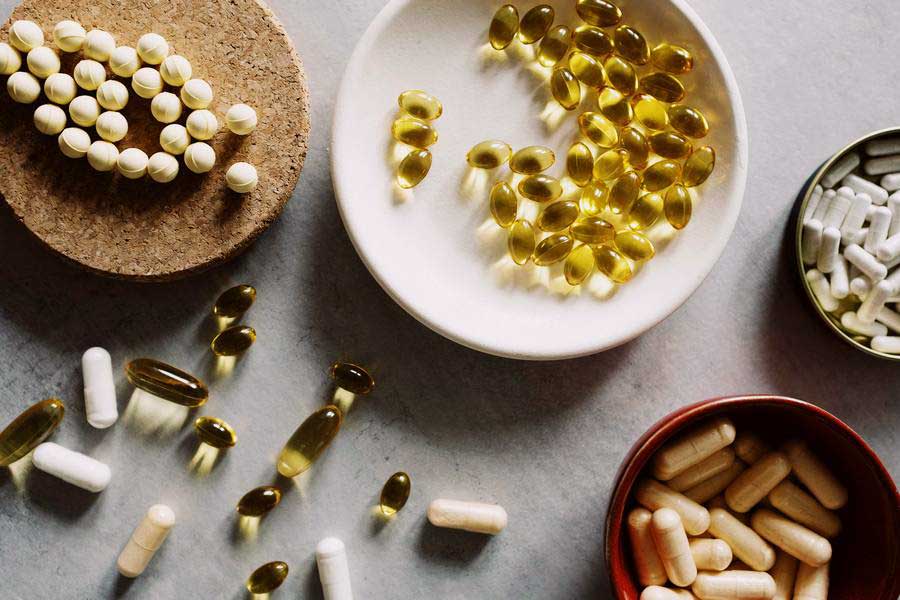
How to Properly Take Probiotics After Antibiotics
Should You Take Probiotics During Antibiotic Therapy?
Yes, but you should follow specific guidelines:
- Take probiotics at least 2-3 hours after taking antibiotics to prevent their destruction.
- Use antibiotic-resistant probiotic strains, such as Saccharomyces boulardii or Lactobacillus rhamnosus GG.
How Long Should You Take Probiotics After Antibiotics?
After completing a course of antibiotics, it is essential to continue taking probiotics to fully restore gut microbiota.
- Minimum course – 14 days after finishing antibiotic therapy. During this time, probiotics help partially restore microbial balance, reduce dysbiosis, and improve digestion.
- Recommended course – 1-2 months, especially after prolonged or aggressive antibiotic treatment. This allows gut microbiota to stabilize, lowers the risk of side effects, and strengthens immunity.
- Optimal dosage – Probiotics should be taken according to the instructions. Effective doses range from 5 to 50 billion CFU (colony-forming units) per day. Higher doses may be needed in cases of severe microbiota disruption.
- Combined approach – Taking probiotics along with prebiotics enhances effectiveness. Prebiotics, such as inulin, fructooligosaccharides, and resistant starch, serve as food for beneficial bacteria, promoting their growth and activity.
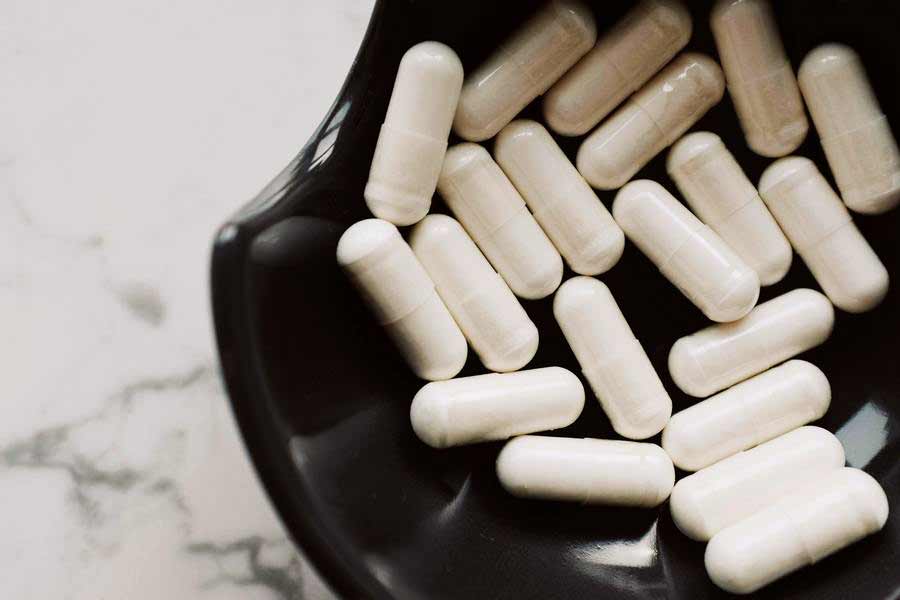
Additional Recommendations for Restoring Gut Flora
Even after recovering from an illness, restoring the gut microbiome is crucial. Here’s how to speed up the process:
| Factor | Description |
| Prebiotics | Prebiotics are dietary fibers that nourish beneficial bacteria. Foods like onions, garlic, bananas, asparagus, and Jerusalem artichoke contain inulin, which stimulates Bifidobacterium growth. |
| Fermented foods | Kefir, natural yogurt, sauerkraut, kimchi, miso, natto, and kombucha contain natural probiotics that help restore gut flora. |
| Balanced diet | Increase fiber intake by consuming more vegetables, greens, and whole grains to support a healthy gut microbiome. |
| Adequate hydration | Drinking enough water, especially with lemon or ginger, aids digestion and gut detoxification. |
| Physical activity | Light exercise, such as walking or yoga, improves gut motility and supports microbiome balance. |
| Stress management | Stress negatively affects gut flora, so practice relaxation techniques such as meditation or deep breathing. |
| Vitamins and minerals | B vitamins, vitamin D, magnesium, and zinc support gut and immune system health. |
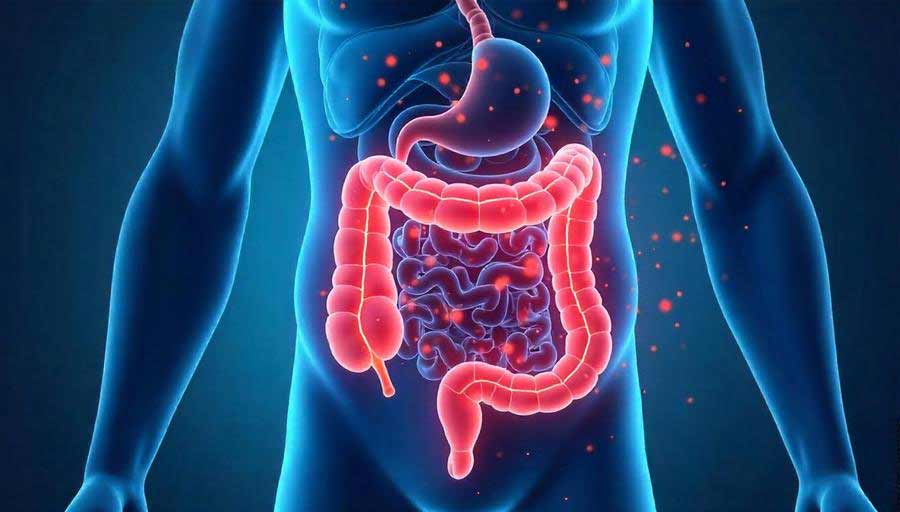
Which Probiotics Are Best to Take After Antibiotics
After completing a course of antibiotics, it’s important to choose the right probiotics to help restore intestinal microflora more quickly.
| Category | Description |
| Antibiotic-resistant strains | Saccharomyces boulardii: A yeast probiotic resistant to antibiotics, effective in preventing antibiotic-associated diarrhea. Lactobacillus rhamnosus GG: A well-researched strain that colonizes the gut and prevents the growth of pathogenic bacteria. Bifidobacterium lactis: Supports the restoration of beneficial bacteria balance and strengthens the immune system. |
| Combined probiotics | Products containing multiple strains (Lactobacillus, Bifidobacterium, Enterococcus) are more effective in restoring the diversity of microflora. |
| High-concentration probiotics | It is recommended to choose probiotics with a content of at least 10–50 billion CFU (colony-forming units) per day. |
Best Probiotics After Antibiotics: Top 5 iHerb Supplements
Many high-quality probiotics are available on iHerb. Here are some of the best options for microbiome recovery after antibiotics:
California Gold Nutrition, LactoBif® 30
- Contains 8 probiotic strains, including Lactobacillus and Bifidobacterium, to restore gut flora.
- 30 billion CFUs per capsule – a high concentration for effective colonization.
- Shelf-stable – no refrigeration needed.
Jarrow Formulas, Saccharomyces Boulardii + MOS
- Contains Saccharomyces boulardii, which are resistant to antibiotics.
- Added MOS (mannan-oligosaccharides) to help remove harmful bacteria.
- 5 billion CFUs per capsule.
Now Foods, Probiotic-10
- 10 different probiotic strains.
- 25 billion CFUs per capsule.
- Great value for money.
Garden of Life, Dr. Formulated Probiotics, Once Daily
- 14 probiotic strains, including Lactobacillus and Bifidobacterium.
- Includes prebiotics to improve bacterial colonization.
- 30 billion CFUs per capsule.
Culturelle, Digestive Daily Probiotic
- Contains Lactobacillus rhamnosus GG, one of the most researched strains.
- Improves digestion and prevents diarrhea.
- 10 billion CFUs per capsule.
With the promo code ANB8206, you can save between 10% and 30% on every purchase.
The code is valid for multiple uses with every order!
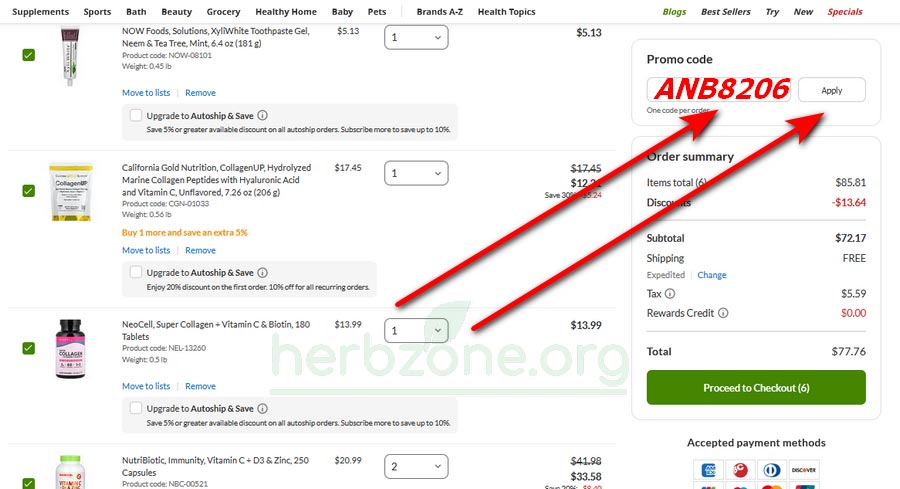
Resume:
What to Take After a Course of Antibiotics?
After finishing a course of antibiotics, it is recommended to take probiotics to restore gut microbiota, prebiotics to nourish them, as well as B vitamins, vitamin D, zinc, and magnesium to support immunity and overall recovery.
What Happens if You Don’t Take Probiotics After Antibiotics?
Not taking probiotics after antibiotics can lead to dysbiosis, digestive issues, weakened immunity, and even fungal infections, as beneficial gut bacteria take time to recover.
How to Take Probiotics After Antibiotics?
Probiotics should be taken either after completing the antibiotic course or during treatment, but at least 2-3 hours after taking antibiotics to prevent the destruction of beneficial bacteria.
How Long Should You Take Probiotics After Antibiotics?
Probiotics are typically recommended for at least 2-4 weeks after finishing antibiotics, and in some cases, up to 2-3 months, depending on gut health and a doctor’s advice.

